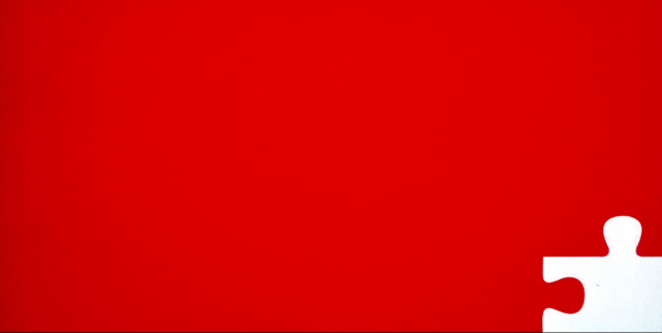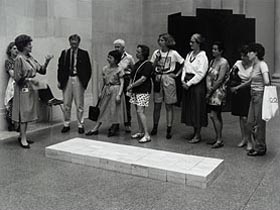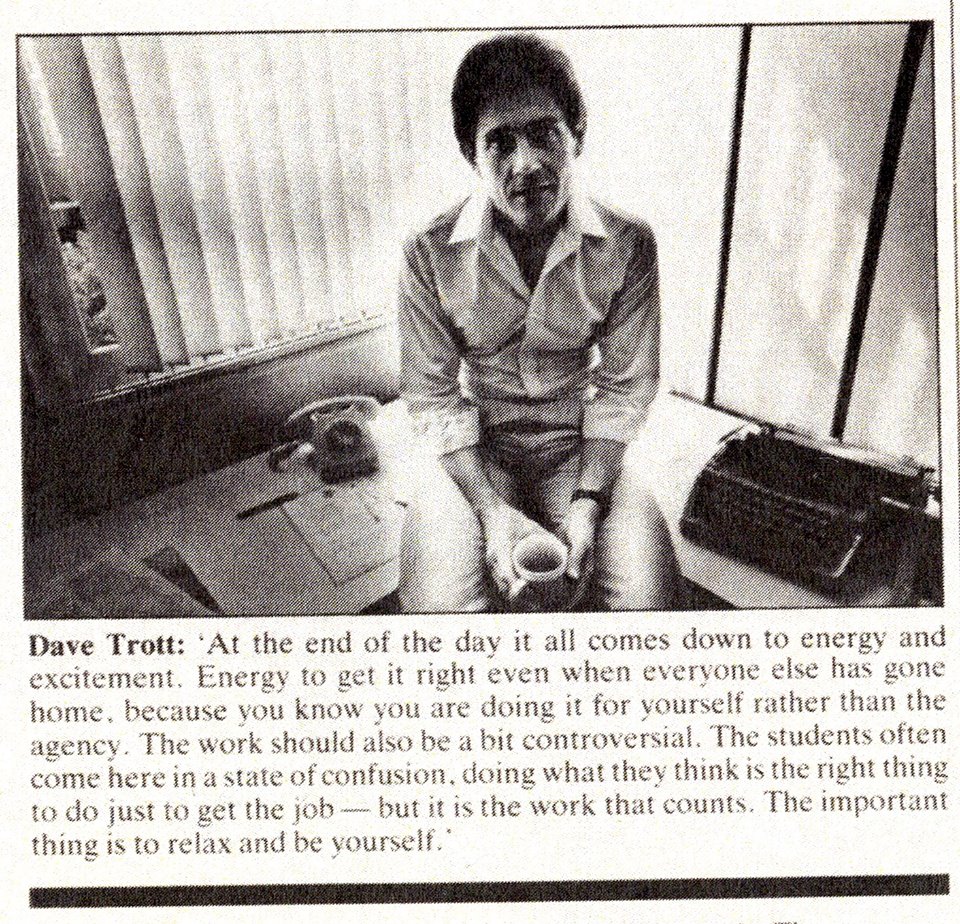Pencils are now fairly worthless
When I were a lad the D&AD Pencil was a very clear indicator of massive creative talent. To have one or two was great; to have any more than that was the kind of achievement reserved for a top 1% creative. Many brilliant copywriters and art directors missed out on that final confirmation of their talent because they were not given out lightly. I recall a few years where not only did a certain jury not award a Pencil, they even didn’t let any work into the Book.
So there used to be this kind of mythology about who won them, who missed out, why a great ad won for one thing but not something else. It was all kind of interesting and led to the D&AD Pencil being the one award a UK creative really wanted. I recall someone asking my old boss Mike Cozens if he thought a creative would prefer to win a Cannes Grand Prix (there only used to be four or five of those back in the mid 90s) or a D&AD Gold (Mike had two of those). He replied that the D&AD Gold would be the more coveted, partly because they were as rare as rocking horse shit, and thus jurors were loathe to give them to anything not 150% worthy.
Anyway, fast forward to this year and news reaches me that Pencils are no longer so rare (this may have been the case for a few years; I haven’t been paying attention). They now give a plain wooden pencil for anything that got in the book. so how many did they give out this year? Well according to this count the number is 747.
747.
Seven hundred and forty fucking seven.
Now, I get that the plain ones might be worth less than the yellow ones, the black ones or (Jesus wept) the fucking white one, but this now means that a D&AD Pencil has been utterly devalued. It’s like hyper inflation; the advertising equivalent of the Zimbabwean billion dollar bill. It’s become meaningless. When you flood the shelves of creative teams with that many Pencils they cease to become a respected badge of honour and instead take on the cachet of a Cannes Shortlisting. Perhaps they’ll make trophies for that soon.
I recently followed a Facebook chat about D&AD in general, in which the great Mark Denton, winner of several Pencils when they were hard to come by, added the perfect quote from The Incredibles: ‘When everyone’s super, no one is‘.
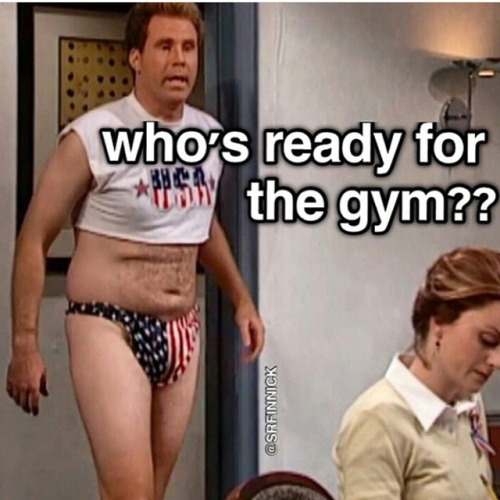
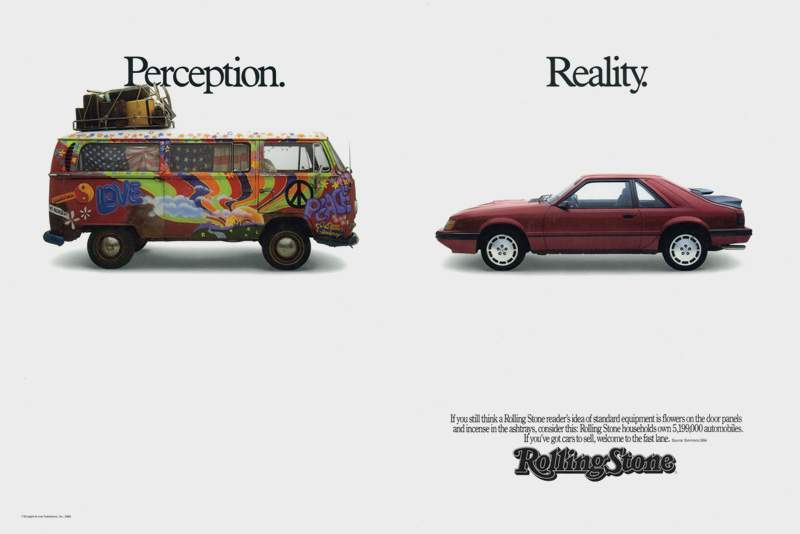
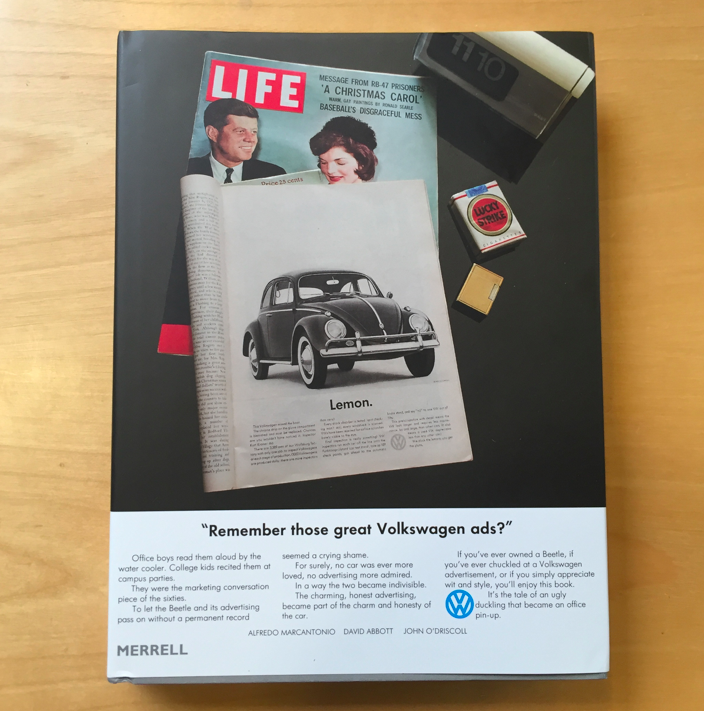 The utterly wonderful and excellent book on old VW ads is back, bigger, better and more complete.
I'll let one of its authors, the great Alfredo Marcantonio, take up the story of the new edition:
The utterly wonderful and excellent book on old VW ads is back, bigger, better and more complete.
I'll let one of its authors, the great Alfredo Marcantonio, take up the story of the new edition:
